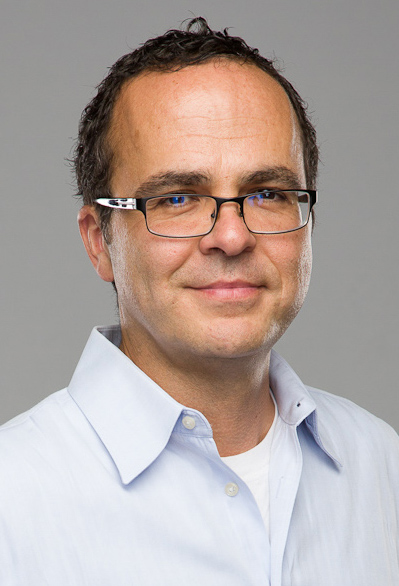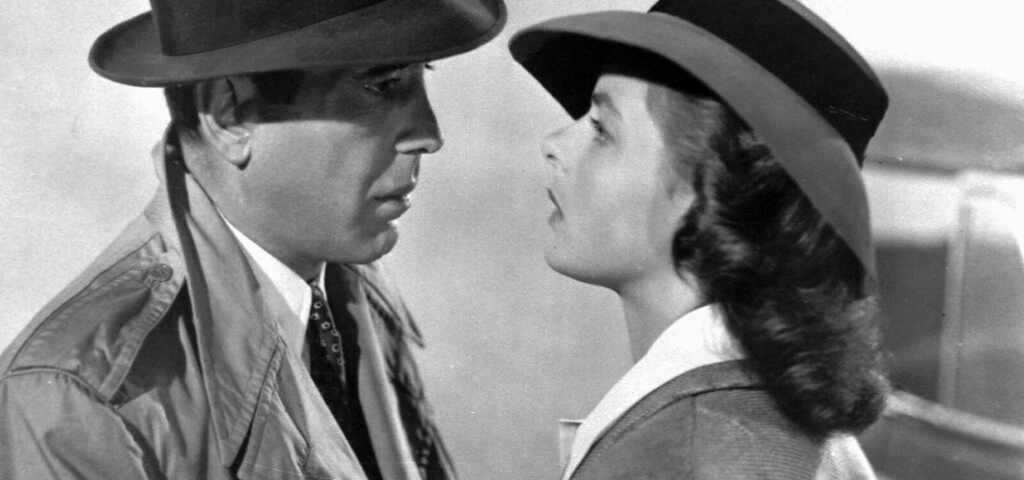“You must remember this, a kiss is but a kiss…the fundamental things apply, as time goes by.” There is hardly a more iconic song than the one Humphrey Bogart famously asks his piano player Sam to sing again in the cinematic classic Casablanca (1941). One of the great love stories of film history, Casablanca is also a cautionary tale that bears re-watching and re-consideration in today’s tumultuous times. As you might recall, the film tells the story of ex-pat Rick Blane who runs a nightclub and gambling parlor in Casablanca, Morocco. Rick’s Café Américain is frequented by locals, members of the French Vichy resistance as well as German occupying officials. Rick professes his neutrality and maintains a general air of cynicism. One evening, his former lover, Ilse (played by the luminous Ingrid Bergman) enters Rick’s Café with her husband, Victor Laszlo, a leader in the Czech resistance. Ilse asks Sam, the café’s pianist, to play “As Time Goes By,” which was once the former lovers’ song. Rick is furious when he hears it as he had prohibited Sam from ever playing it again and reminding him of his lost love. Once together again, Ilse professes her love for Rick and she asks that he give the valuable purloined letters of transit through Nazi Germany to her husband. Rick finds himself torn between his love for Ilse and wanting to help Laszlo in his fight against the Nazis, and thus facing an ethical dilemma—break his neutrality and help Laszlo escape or maintain his political neutrality and stay out of world politics. His love for Ilse complicates things, of course.
In the end, we know that Rick (and the somewhat corrupt French police Captain Renault) chose the moral high-ground and decide to get involved, take sides and do the right thing. This political dilemma has been at the heart of U.S. foreign policy for decades: should the U.S. stay out of overseas affairs or should it, for moral and ethical reasons, take sides and stand up for universal values and human rights? This debate has once again resurfaced as President Trump recently sought to pull most remaining U.S. troops from Syria, arguing that others must fight their own wars and the U.S. should not be the world’s policeman. The decision set off a bipartisan uproar, however, as members of both parties argued that we must not betray our allies the Kurds—who helped defeat ISIS—and that we must therefore maintain a presence to prevent further slaughter of the innocent. This predicament was not unlike the one in the 1940s as the U.S. weighed its moral obligation to enter WWII. By the time of the film’s release, the U.S. had, by now infamously, denied port in two years earlier to the MS St. Louis, which was carrying more than 900 Jewish refugees from Germany, forcing it to return to Nazi Germany. The film makes that case that the U.S. cannot and must not remain neutral and allow crimes against humanity to continue.
Casablanca is also a film about refugees, both within the story and through its production. Rick’s Café is a haven for refugees from many countries (including in some ways Rick himself). But many of the actors in the film were themselves refugees in the U.S. at the height of WWII: Peter Lorre, a Jewish refugee born in Austria-Hungary; Conrad Veidt, previously a star of German cinema; Paul Henreid, an Austrian of Jewish background; Curt Bois, also a German-Jewish actor; and of course the Swedish-born Bergman. The film’s cast prompted British film critic Nicholas Barber to proclaim that Casablanca is the “ultimate film about refugees.” The film’s director, Michael Curtiz (born Manó Kaminer into a Jewish family in Budapest) was also an emigre and refugee and all three of the screenwriters were Jewish as well. Thus the film’s cast and crew lend Rick’s moral dilemma even greater weight, as many of the actors had themselves fled persecution and the Jewish members of the team clearly felt that American intervention was the last hope to end the Nazi regime. As such, Rick embodies an America that has reluctantly come to understand the threat of fascism and the moral responsibility to act. Both he and his country finally grasp the “fundamental things that apply as time goes by.”
The Weidner Center will be hosting a screening of Casablanca on February 22, 2020 with a live orchestral accompaniment.

By Dr. David Coury
David Coury is a Professor of Humanities (German) and Global Studies and also Co-Director of the Center for Middle East Studies and Partnerships. Additionally, he is the director of the Green Bay Film Society, whose International Film Series screens international and independent films twice a month at the Neville Public Museum. Admission is free and all films are open to the public.

I guess this is more a logistical, rather than cinematic question…how does the live orchestral accompaniment work with the music score already “embedded” in the film? Does the orchestra play over the film?
Good question! I’m excited to find out in February. Thanks for reading this!